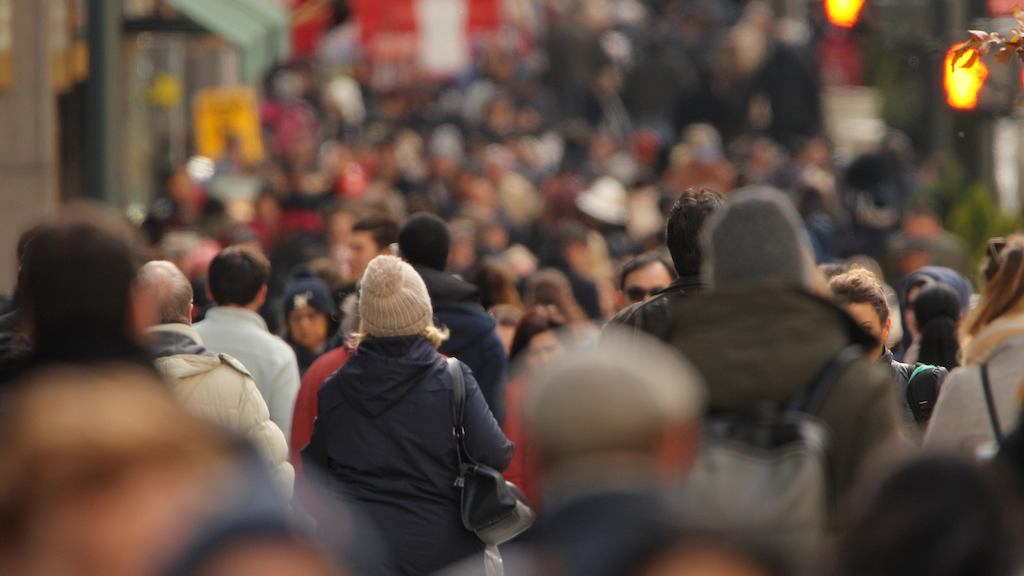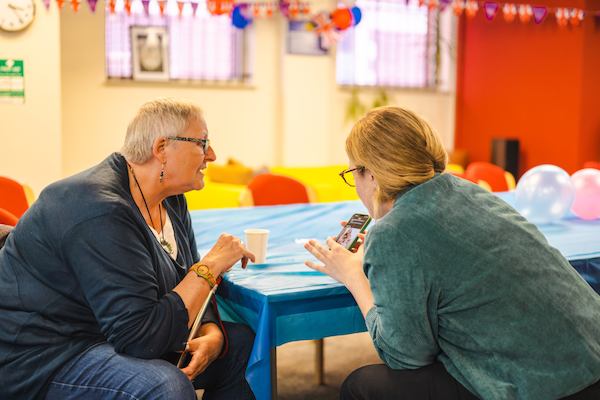But we know that ageism has profound consequences, both for the way we see ourselves and for the way we are treated by others. Our previous research has found that a third of over-50s believe they’ve been turned down for a job because of their age. And as our report today notes, ageism in health and social care can lead to over- or under-medication for pain, as well as a lower likelihood of being screened for sexually transmitted diseases or substance abuse. Previous research has also found that treatment rates drop disproportionately for people over 70 in areas such as surgery, chemotherapy and talking therapies.
These stereotypes, of course, don’t just affect how others perceive us – they can have a huge impact on how we think, feel, and behave. When older people are bombarded with messages telling them they’re over the hill or past it, they develop self-limiting beliefs that stop them doing many of the things they’d like to carry on doing – and, in many cases, that they easily could.
When it comes to coronavirus, the impact of language and attitudes that lump everyone over a certain age into a category labelled ‘vulnerable’ could do much more harm than good. Many over-70s will quite rightly not see themselves as particularly at risk – plenty don’t have any of the underlying health conditions that make people more vulnerable to the illness. There is a risk they won’t listen to advice that they perceive as patronising, irrelevant or even ageist. And writing off everyone in later life in this way risks alienating huge numbers of people in our communities who will be vital in looking out for friends and neighbours in the weeks and months to come.
In times of crisis, it’s more crucial than ever that we recognise and appreciate the variety of skills, experiences and abilities of everyone in our communities – at all ages. It’s all too easy for well-meaning words to contribute to damaging stereotypes, but it’s easy too for us to think more carefully about our language and our attitudes. The response to the coronavirus has shown, so far, that as a society we care deeply about our older friends, relatives and neighbours. We can show it by taking ageism seriously, and doing our part to eradicate it.
An edited version of this piece appeared in The Times on Thursday, 19 March 2020.


